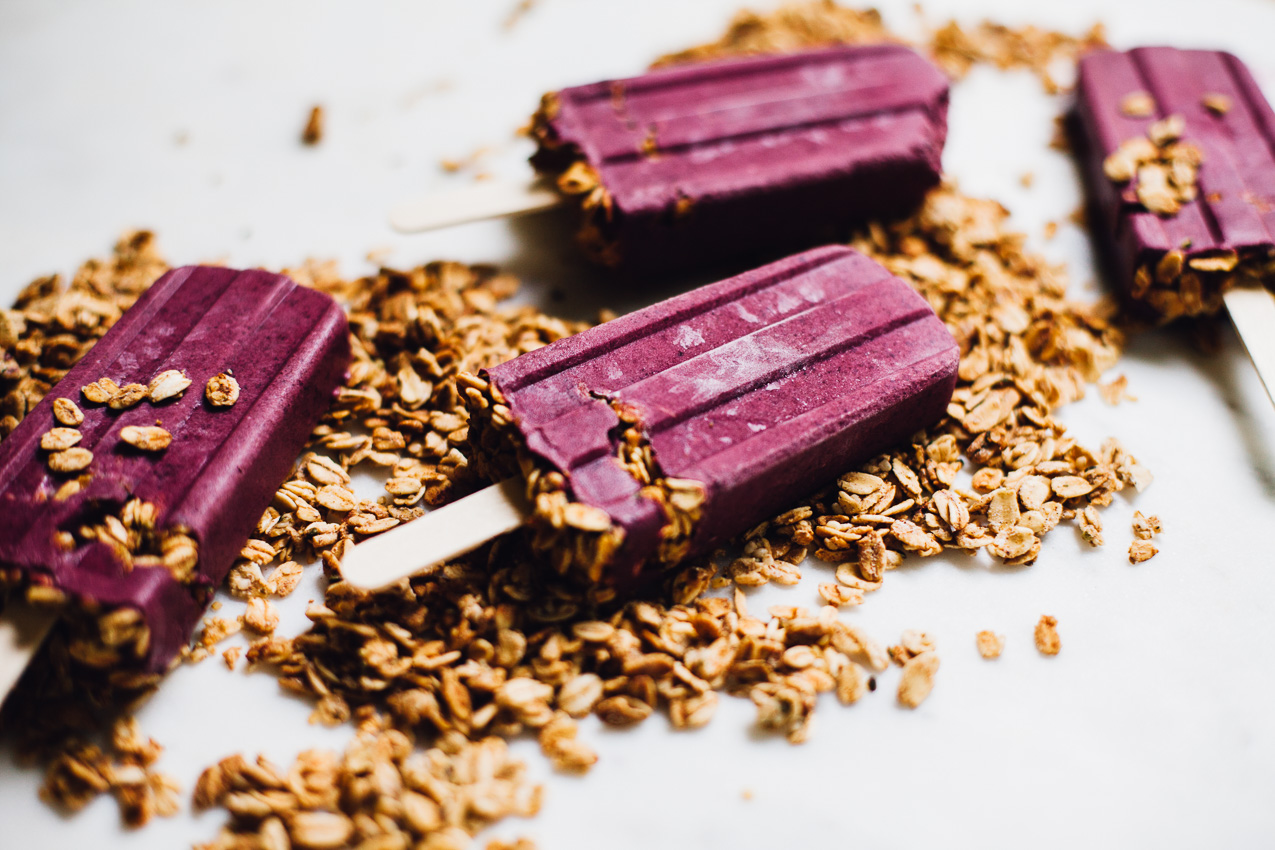The blueberries are here — plump, deep-blue blueberries to enjoy in summertime recipes. July is National Blueberry Month, so plan to include them throughout the month in as many dishes as you can. They are healthy, and readily available in our area.
Nutrition research places blueberries at the top of the good-for-you fruit list.

The following are just some of the health benefits blueberries provide:
» Their deep blue color signifies that blueberries are packed with protective antioxidants. These natural plant substances reduce your risk for heart disease, cancer and Alzheimer’s.
» Blueberries bring potassium power to your diet, providing 95 mg per one-cup serving. Potassium is a blood pressure-lowering mineral.
» Naturally low in fat, saturated fat, cholesterol and sodium, blueberries are a must for a heart-healthy approach to eating well.
» Each blueberry has its own peel, making it an excellent source of fiber. Dietary fiber can bind cholesterol in the intestinal tract, helping to lower artery-clogging LDL-cholesterol, a marker of heart disease risk. Fiber in fruits, vegetables and whole grains also can help maintain a healthy weight, and lowers risk for several cancers. Six grams of fiber comes in every cup of blueberries.
» The calories in blueberries are very reasonable, too, with only 80 calories per one cup of fresh or frozen fruit. In comparison, one medium banana has 150 calories.
» A serving of blueberries provides 25 percent of your daily vitamin C, helping to keep your immune system strong.
» Blueberries contain a lower glycemic index score, and that means they are slower turning into glucose or blood sugar, preventing glucose spikes. This is especially important if you have either pre-diabetes or diabetes. A one-cup serving of blueberries contains just 20 grams of carbohydrates.
Although blueberries are great, it’s important not to forget the other powerhouse berries — strawberries, raspberries and blackberries. They have similar nutrition properties as blueberries and seem to work to reduce disease risk when eaten on a regular basis.

Note: It’s best to wash blueberries just before eating or using them. If you wash them ahead of time, they will spoil more quickly. Additionally, extra fresh blueberries (unwashed) can be placed on a cookie sheet to freeze. Once frozen, pour them into freezer bags for later use in cake batters, muffins, smoothies or cobblers.


